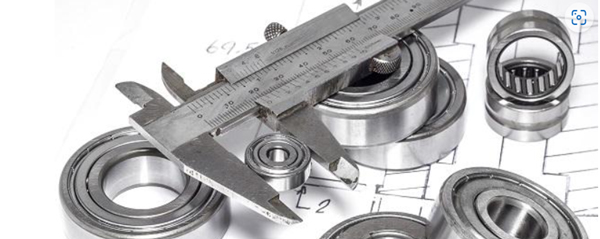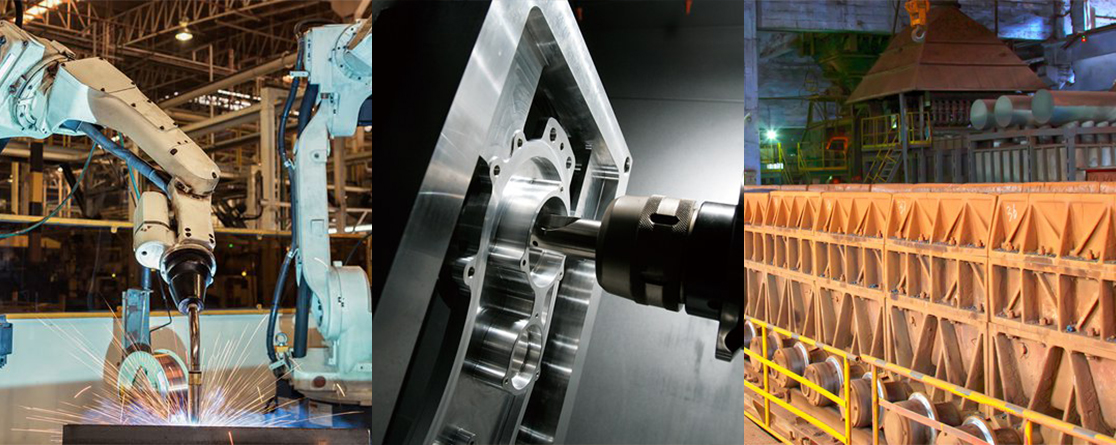It is important for enhancing productivity and profitability, as well as for accident prevention that abnormalities in bearings are detected during operation.
Representative detection methods are described in the following section.
1)Noise checking
Since the detection of abnormalities in bearings from noises requires ample experience, sufficient training must be given to inspectors. Given this, it is recommended that specific persons be assigned to this work in order to gain this experience.
Attaching hearing aids or listening rods on housings is effective for detecting bearing noise.
2)Checking of operating temperature
Since this method utilizes change in operating temperature, its application is limited to relatively stable operations.
For detection, operating temperatures must be continuously recorded.
If abnormalities occur in bearings, operating temperature not only increase but also change irregularly.
It is recommended that this method be employed together with noise checking.
3)Lubricant checking
This method detects abnormalities from the foreign matter, including dirt and metallic powder, in lubricants collected as samples.
This method is recommended for inspection of bearings which cannot be checked by close visual inspection, and large size bearings.







